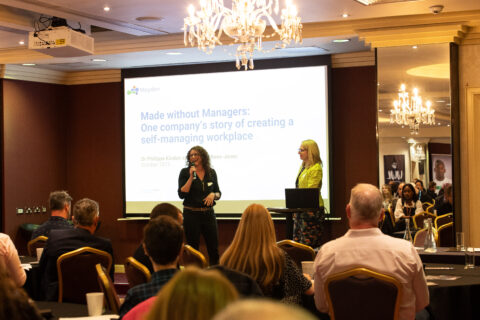Navigating the new flexible working legislation: insights from the Good Employment Charter and Acas
As the UK gears up for the implementation of new flexible working legislation on 6 April, employers are bracing themselves for a significant shift in workplace dynamics. The Good Employment Charter hosted a recent discussion alongside Nick Wadsley from Acas which provided an overview of the upcoming changes and the impact it will have on employers and employees.
The new legislation broadens the scope of flexible working arrangements, encompassing part-time work, term-time working, hybrid working, compressed hours, shift work, partial retirement, and remote working. This expanded flexibility brings both personal and business considerations to the forefront, with employers needing to navigate individual needs alongside organisational objectives.
One aspect highlighted in the discussion was the importance of trust in facilitating effective flexible working arrangements. Employers must not only accommodate requests but also cultivate a culture of trust and transparency within their organisations. This involves addressing underlying issues of organisational conflict and fostering open communication channels.
From a legal standpoint, the legislation introduces changes allowing employees to make two flexible working requests within a 12-month period. Employers are required to respond to these requests within two months and are prohibited from refusing a request without consultation. Importantly, employees are no longer obligated to provide detailed explanations for their requests.
The accompanying ACAS Code of Practice provides guidance on handling flexible working requests, emphasising the significance of fair and meaningful consultation. Failure to adhere to this code may result in repercussions for employers in the form of tribunal rulings.
In considering flexible working requests, employers must balance legal requirements with business needs. While the legislation mandates fair treatment of requests, employers must assess the practical implications on operations and team dynamics. This entails evaluating potential impacts on workload distribution, customer service, and team collaboration.
Moreover, employers must be mindful of avoiding discrimination based on protected characteristics such as disability or parental status. Accommodating diverse needs while ensuring fairness and consistency in decision-making is paramount.
Crafting robust flexible working policies is essential to guide both employers and employees through the process. Policies should outline clear procedures for requesting, assessing, and implementing flexible working arrangements. Regular review and refinement of these policies are necessary to adapt to evolving workforce dynamics and legislative changes.
In conclusion, the impending flexible working legislation heralds a significant paradigm shift in the UK's employment landscape. By embracing flexibility while upholding fairness and transparency, businesses can navigate these changes effectively and foster a more inclusive and productive work environment.
The dialogue encapsulated by the Good Employment Charter serves as a timely reminder of the multifaceted considerations involved in implementing flexible working practices. As employers and employees alike prepare for the new legislative framework, collaboration and communication will be key to realising the full potential of flexible working arrangements in the modern workplace.
Insights from Rising Arts Agency on embracing flexible working
The conversation around flexible working continued as Euella Jackson, one of the Co-directors at Rising Arts Agency, shared their organisation's perspective and practices. As a community interest company and social enterprise based in Bristol, Rising Arts Agency focuses on supporting young creatives aged 18-30 from underrepresented backgrounds to thrive in the cultural and creative industries.
Euella shed light on the intricacies of navigating flexible working within a small organisation like theirs, where tensions and nuances often arise. Flexibility isn't just a perk at Rising Arts Agency; it's integral to their work culture and ethos of supporting their young team members.
Their approach to flexible working extends beyond traditional notions of part-time hours and remote work. Rising Arts Agency embraces a range of practices aimed at nurturing a supportive and inclusive work environment. These practices include:
1. Flexible part-time hours: all team members at Rising Arts Agency work part-time, but flexibility is embedded within this structure. Flexibility isn't just about when people work; it's about creating a culture where individuals can prioritise their lives outside of work.
2. Time sheets for overworking: recognising the tendency for team members to overwork, Rising Arts Agency implements time sheets to track hours worked. This ensures that individuals are compensated for their time and encourages a healthy work-life balance.
3. Reflection time: built into the working week, reflection time allows team members to rest, reflect, or engage in activities that promote well-being. This proactive approach acknowledges the importance of downtime in maintaining productivity and creativity.
4. Trust-based leave policies: Rising Arts Agency operates on a trust-based system for holidays and time off in lieu (TOIL). This empowers team members to manage their time autonomously while fostering trust and accountability.
5. Collective rest period: in August, Rising Arts Agency closes its doors for a month, providing paid time off for all team members. This collective rest period encourages relaxation, reflection, and team bonding activities.
6. Access rider in email signatures: each team member includes an access rider in their email signature, indicating their access needs. This proactive approach ensures inclusivity and accommodates diverse needs within the team.
Euella emphasised the importance of consultation in the flexible working process, highlighting the collaborative approach adopted at Rising Arts Agency. Team members are encouraged to initiate conversations about flexible working, which are then co-created and formalised through written requests.
Additionally, Rising Arts Agency acknowledges the need to accommodate temporary flexible working arrangements, particularly in cases of illness or recovery. By proactively addressing sickness policies and considering flexible working options in advance, they ensure that team members feel supported during challenging times.
One notable aspect of Rising Arts Agency's approach is their commitment to maintaining a vibrant company culture despite flexible working arrangements. Initiatives such as team retreats, shared meals, and in-person collaboration sessions ensure that remote or flexible working doesn't detract from team cohesion and camaraderie.
Euella shared a poignant example of adapting to individual needs within the team, highlighting the importance of managerial support and flexibility. By recognising and accommodating a team member's preference for in-person work, Rising Arts Agency demonstrated its commitment to supporting employee well-being and productivity.
Rising Arts Agency's journey exemplifies how organisations can embrace flexibility while prioritising employee well-being and inclusivity. Their holistic approach to flexible working goes beyond policies and procedures, fostering a culture of trust, collaboration, and care.
As we navigate the changing landscape of work, the insights shared by Rising Arts Agency offer valuable lessons for organisations seeking to create flexible, supportive, and inclusive workplaces.
The dialogue between Acas, Rising Arts Agency and the Good Employment Charter provided a rich tapestry of perspectives and practices, highlighting the diverse ways in which flexible working can be implemented and integrated into organisational cultures.
We extend our gratitude to Euella and Rising Arts Agency for their invaluable contributions to this conversation, and we hope that their experiences inspire others to embrace flexibility and prioritise employee well-being in their own organisations.
To find out more about how the Good Employment Charter can support you on your flexible work journey, please get in touch.
Related Articles
Count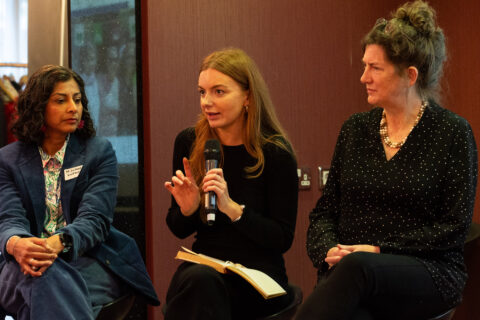
 Published date12 September 2024
Published date12 September 2024  Published date6 April 2022
Published date6 April 2022  Published date6 April 2022
Published date6 April 2022 
 Published date12 April 2022
Published date12 April 2022 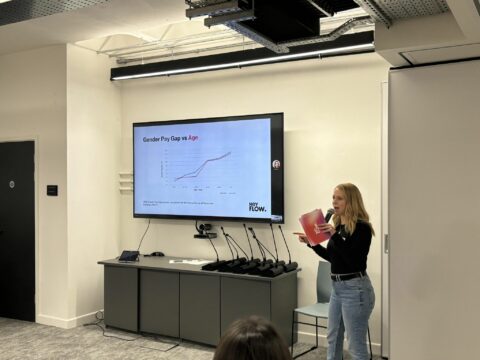
 Published date6 April 2022
Published date6 April 2022  Published date13 June 2022
Published date13 June 2022  Published date30 May 2022
Published date30 May 2022 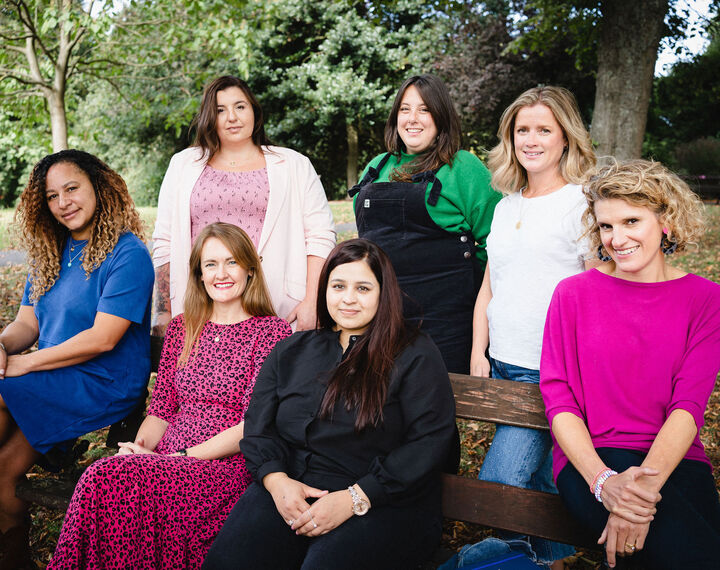 Published date19 February 2024
Published date19 February 2024 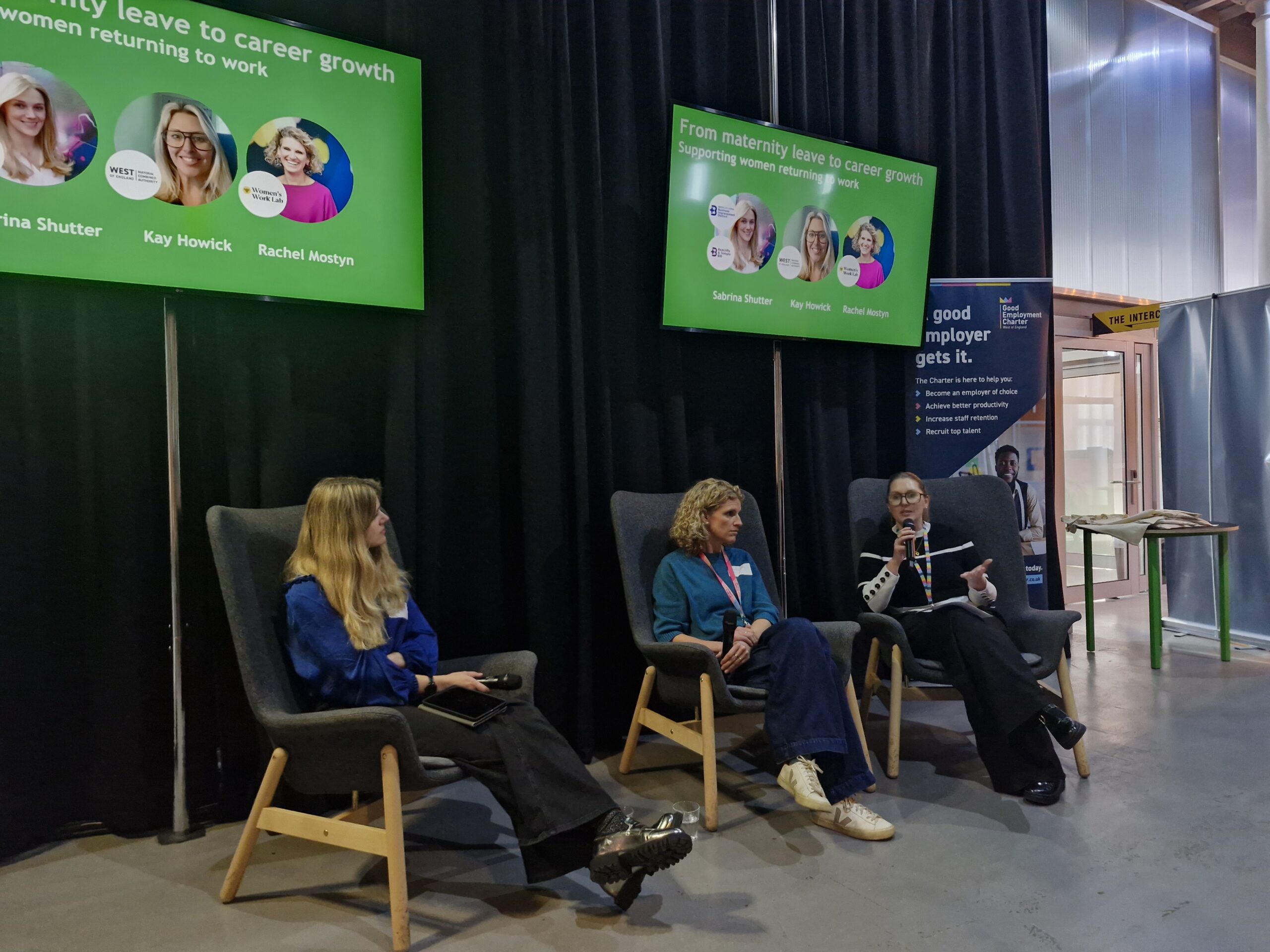 Published date12 March 2025
Published date12 March 2025  Published date12 September 2024
Published date12 September 2024 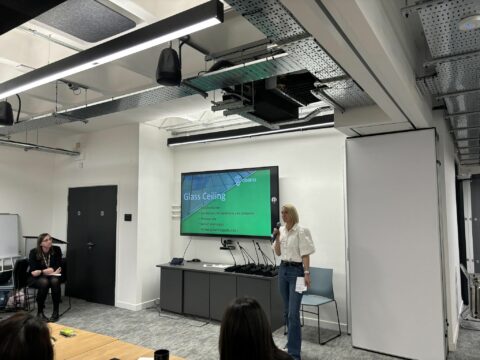
 Published date13 June 2022
Published date13 June 2022 